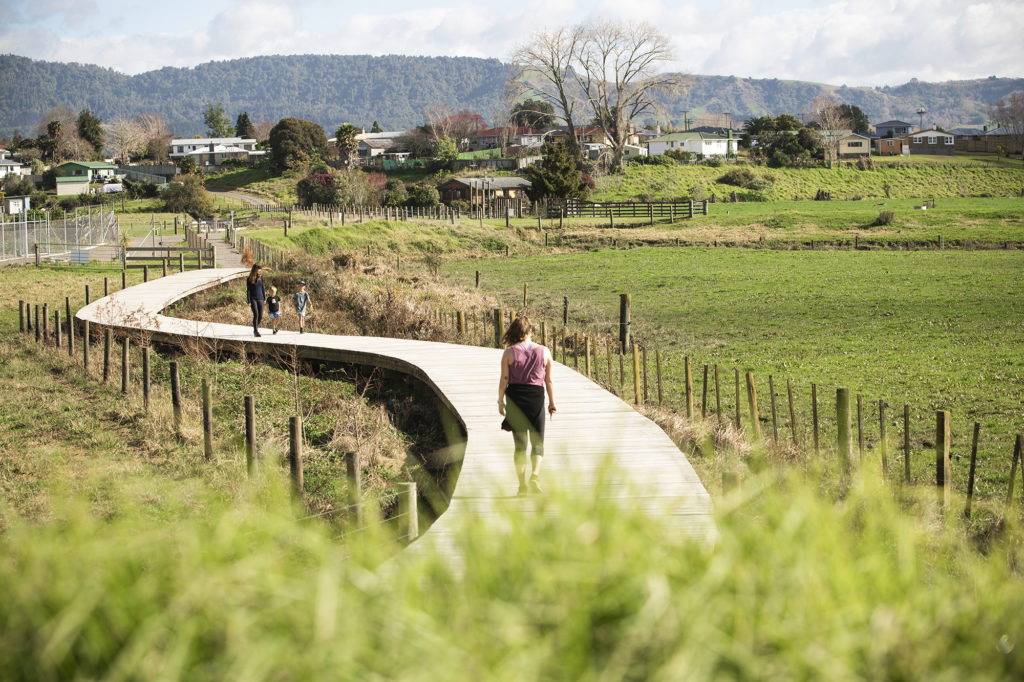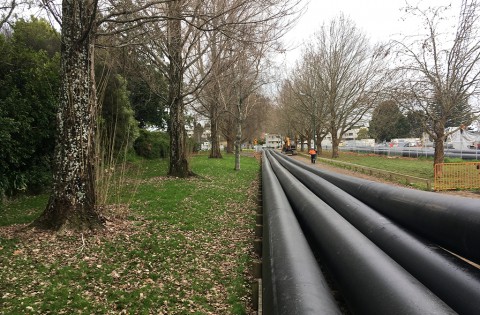Pathways and Pipelines; the road to Rural Generalism

At this years NZRHN Rural Hospital Summit in Wellington, I was fortunate to hear Dr Kati Blattner speak. Amongst other achievements she is a clinician and academic instrumental in making vocational training for rural remote generalist doctors what it is today.
Undertaking the Rural Hospital Training Programme in parallel to the General Practice Education Programme is a popular choice among new registrars, however currently there is no discrete pathway that facilitates and co-ordinates the requirements for these rural generalists of the future.
As Kati says, in rural health training “we prefer the word pathway rather than pipeline…” she paints an image of open and meandering pathways to rural health where flexibility and exchange of ideas and skills are nurtured. This is in contrast to the image of a rigid and closed pipeline where junior doctors are injected in one end and shot out into a rural hospital at the other.

Fortunately the young rural doctors of today recognise the benefits of a dual training and are finding their own path. Dr Ralson D’Souza is currently completing his Dual RHM and GP fellowships.

1. What led to the decision to dual train?
My initial plan after I graduated was to become a GP. After completing my house officer years at Whakatane Hospital, I intended to spend some time as a medical registrar to get a good foundation in medicine before starting GP training. However my pathway changed when my colleagues applied for rural hospital medicine training which peaked my interest. I liked the concept of being a jack of all trades and working in a rural hospital setting. After 4 years of hospital medicine, I was nervous about dual training and the challenges of primary care. However, after some guidance from other dual fellows I decided to apply for GP training.
2. What do you like most about work in Rural NZ?
I love the sense of belonging that comes with working in rural NZ. Right from Whakatane to Thames and now Taupo, I have enjoyed building relationships with my colleagues and the sense of community that comes with working in a small place. This is a stark contrast to growing up in Auckland and being a medical student in the big hospitals where you feel lost in the crowd. And of course I do not miss the 1 hour commute times between home and work!
3. What do you hope your future role looks like?
While I was studying and working in the hospital setting, I was quite often faced with hospital doctors’ negative attitudes towards GPs. This can be quite influential on the hospital’s culture but also on the career aspirations of medical students. I hope my future role acts as a bridge to improve the relationship between hospital and community based practitioners. I would like to change negative perceptions and help each side develop an appreciation of the challenges the other faces in their respective setting. Ultimately we are all acting to serve our community’s best interests.
4. What do you see as the benefits of dual training for yourself and also for the community?
I think the benefits for myself are the variety and flexibility that general practice and rural hospital medicine offers. My family are based in Auckland and my partner’s career progression at present involves her being based in an urban setting. Dual training gives me the flexibility to be based closer to them if required.
I think the community would benefit from the continuity of care across the community and hospital setting. When patient’s change between settings, unintentional errors can occur such as medication errors and lack of follow up. Being able to have oversight and communicating with colleagues in both settings will improve patient care.